Chris Braak Reviews Turn Coat (Dresden Files #11)
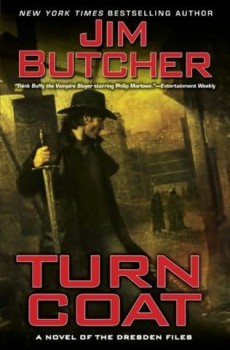 Turn Coat
Turn Coat
Jim Butcher
Roc (576 pp, $9.99, April 2009 – March 2010 paperback edition)
Reviewed by Chris Braak
Private-eye wizard Harry Dresden returns in Jim Butcher’s Turn Coat though, in point of fact, he hasn’t been doing altogether that much investigating lately. Between wars with vampire courts and secret enemies finally getting the Black Council on the move, it doesn’t seem like Harry is going to have the opportunity to track down a missing person or provide evidence in a divorce dispute any time soon.
Butcher jumps right in with his trademark wit. The characters in Turn Coat are, by now, so familiar that they provide a little thrill of recognition just by being mentioned. Waldo Butters, for example, has next to nothing to do with the story, but I can’t help but be pleased to see him again because I like Waldo Butters. That is something that plays to Butcher’s strong suit: the dialogue and relationships are so easy and natural that they cannot help but be compelling, even when no one is doing anything.
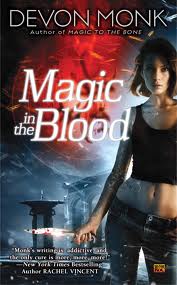 Magic in the Blood
Magic in the Blood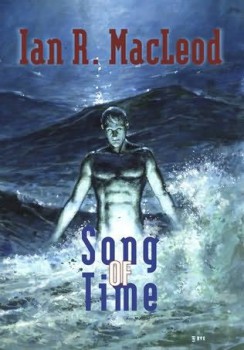 Song of Time
Song of Time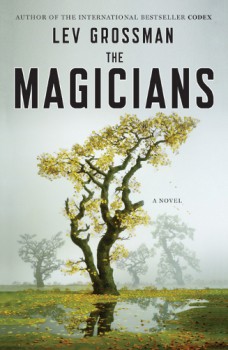 The Magicians
The Magicians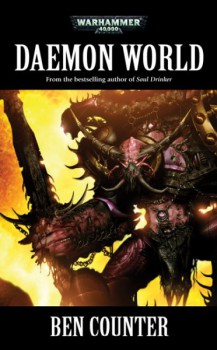 Daemon World
Daemon World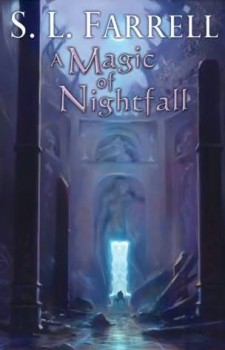 A Magic of Nightfall
A Magic of Nightfall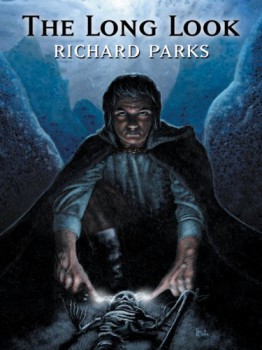 The Long Look
The Long Look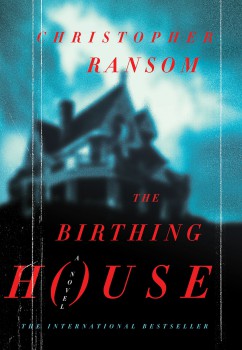 The Birthing House
The Birthing House Julian Comstock: A Story of 22nd Century America
Julian Comstock: A Story of 22nd Century America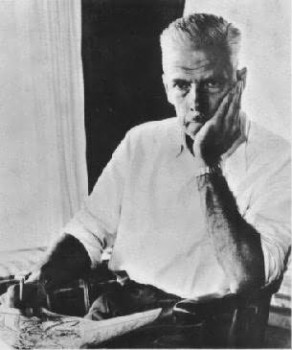 Swords From the West
Swords From the West